2024 Relocation Guide (part 6): Retirement Planning
Retiring in Mexico: A Comprehensive Guide
Retiring in Mexico has become an increasingly attractive option for many expats seeking a lower cost of living, excellent healthcare, and a vibrant culture. This guide covers essential considerations, including visas, financial planning, real estate, healthcare, and community integration, to help you make a smooth transition into your new life.
Part of your planning will require the services of not just a good real estate agent but of a relocation expert as well. Reach out to the licensed agents at Mycasa Real Estate for help with all your questions regarding relocating here and finding the perfect property.
Table of Contents
- Key Takeaways
- Visa Requirements for Retiring In Mexico
- Financial Considerations for Expats
- Embracing Mexican Culture and Community
- Healthcare and Wellness in Mexico
- Real Estate and Property Taxes
- Relocating and Settling In
- Finding your Place in the Expat Community
- Protecting Your Assets: Estate Planning for Expats
- Other Articles About Relocating and the Cost of Living In Mexico
- Frequently Asked Questions
Key Takeaways for Retirement in Mexico
- Budget Requirements: Comfortable monthly expenses range from $1,500 to $4,000 depending on the city.
Residency Requirements: Choose between temporary or permanent residency options, both with distinct benefits.
Healthcare: Explore private insurance options and estimate out-of-pocket costs for quality healthcare.
Real Estate: Consider the benefits of renting vs. buying, taking into account property taxes and legal considerations.
Visa Requirements for Retiring in Mexico

To retire in Mexico, expats need either a Temporary Resident Visa or a Permanent Resident Visa. These visas require proof of financial stability:
-
Temporary Resident Visa: Requires a monthly income of at least USD $4,350 or savings of USD $73,000.
-
Permanent Resident Visa: Requires a higher income threshold or significant financial assets, including property ownership or a capital investment in Mexico.
It is recommended to apply for these visas at a Mexican consulate before arrival. Once in Mexico, the visa can be converted into a residency permit.
Financial Considerations for Expats
A well-planned financial strategy is crucial for a comfortable retirement in Mexico. Here are some key factors to keep in mind:
-
Tax Implications: U.S. citizens can benefit from the Foreign Earned Income Exclusion, while Canadian retirees may face a 25% non-resident tax on Canada Pension Plan distributions.
-
Banking Across Borders: Opening a Mexican bank account can ease transactions, but it’s important to monitor exchange rates and transfer fees.
-
Currency Exchange Rates: In 2024, the exchange rate is around 17.50 MXN per USD, increasing the purchasing power of foreign retirees.
Embracing Mexican Culture and Community
Immersing yourself in Mexico’s rich culture enhances the retirement experience. Key aspects include:
-
Learning Spanish: Speaking the language helps in daily interactions and cultural engagement.
-
Social Activities: Many expat communities organize events, including dinners, clubs, and sports activities.
-
Local Markets and Events: Participating in traditional markets and festivals deepens cultural appreciation.
-
Healthcare and Wellness in Mexico
Mexico offers affordable, high-quality healthcare, making it a top destination for medical care among retirees. Options include:
-
Public Healthcare: Legal residents can enroll in Instituto Mexicano del Seguro Social (IMSS), though costs may increase with age.
-
Private Healthcare: Offers better access to specialists, shorter wait times, and English-speaking professionals.
-
Active Lifestyle: Popular activities include ziplining, horseback riding, snorkeling, and exploring cenotes in destinations like the Riviera Maya.
-
Real Estate and Property Taxes
Buying or renting a home in Mexico is generally more affordable than in the U.S. and Canada:
-
Home Prices: Homes can be found for $150,000 or less, though beachfront properties are pricier.
-
Property Taxes (Predial): Annual costs are low, typically under 5% of property value, with retirees eligible for a 50% discount.
-
Legal Considerations: Foreigners can own property but should work with a notary to ensure legal compliance and secure ownership rights.
-
Relocating and Settling In

Relocation to Mexico requires careful planning. Here are essential steps:
-
Six Months Before Moving:
-
Renew passport and arrange vaccinations.
-
Organize financial documents and list essential items to take.
-
Reduce belongings through selling or donating.
-
-
One Month Before Moving:
-
Prepare a menaje de casa (household inventory list).
-
Set up a VPN and mail forwarding services.
-
Close out old residency by canceling utilities.
-
Pack belongings with an inventory list for easier unpacking.
-
-
Finding Your Place in the Expat Community
Expats can integrate into their new environment by joining established communities and organizations:
-
Online Groups: Facebook groups and expat forums provide essential relocation advice.
-
Local Events: Social gatherings and cultural festivals help expats connect with locals and other retirees.
-
Expat Organizations: Groups like The Lake Chapala Society in Ajijic offer networking and support.
-
Protecting Your Assets

Estate planning is vital to protect your assets and ensure seamless inheritance procedures:
-
Creating a Mexican Will (Testamento): Foreigners with property in Mexico should draft a Mexican will to avoid probate complications.
-
Aligning International Wills: Ensure consistency between your Mexican will and any existing wills from your home country.
-
Seeking Legal Advice: Consulting a notary or estate planning attorney simplifies inheritance matters and protects your assets.
-
Articles About Relocating and the Cost of Living In Mexico
Tired of the US? Your Ultimate Guide to Moving From the U.S. to Mexico
Discover Affordable Beach Bliss: Your Guide to the Cheapest Beachfront Property in Mexico
How to Buy Property in Mexico 2024: Closing Costs, Laws and Tips
Cost of Living In Playa Del Carmen: What to Expect
Cost of Living in Tulum 2024: Budget, Rent and Lifestyle Guide
Mexico Real Estate Prices: Trends in Quintana Roo & Beyond
Frequently Asked Questions
What are some of the best places to retire in Mexico?
Some of the best places to retire in Mexico include Ixtapa-Zihuatanejo, Lake Chapala, Los Cabos, Playa del Carmen, Puerto Vallarta, and San Miguel de Allende, offering a variety of lifestyle options and budget considerations, as well as factors like low cost of living, access to healthcare, and safety. Choose based on your preferences and needs.
What are the visa requirements for retiring in Mexico?
To retire in Mexico, you will need temporary or permanent residency, which can be obtained by meeting financial criteria such as a monthly income of at least USD $4,350 or $7,300, personal savings, owning a residential property, or making a capital investment in Mexico. No date.
What are the healthcare options for retirees in Mexico?
Retirees in Mexico have the option to enroll in public health insurance through IMSS for a small premium, or they can choose private health insurance for more specialized services and English-speaking professionals. Consider your preferences and needs to decide which option is best for you.
How can I protect my assets when retiring in Mexico?
Consider creating a local will, known as a 'testamento', to simplify the process of estate administration in Mexico. This is especially important for expats who own property in Mexico to avoid probate delays for heirs.
How can I immerse myself in the local community in Mexico?
To immerse yourself in the local community in Mexico, try learning Spanish to enhance cultural exchanges and participate in local markets and events to fully experience Mexican culture.
Updated 2/7/25


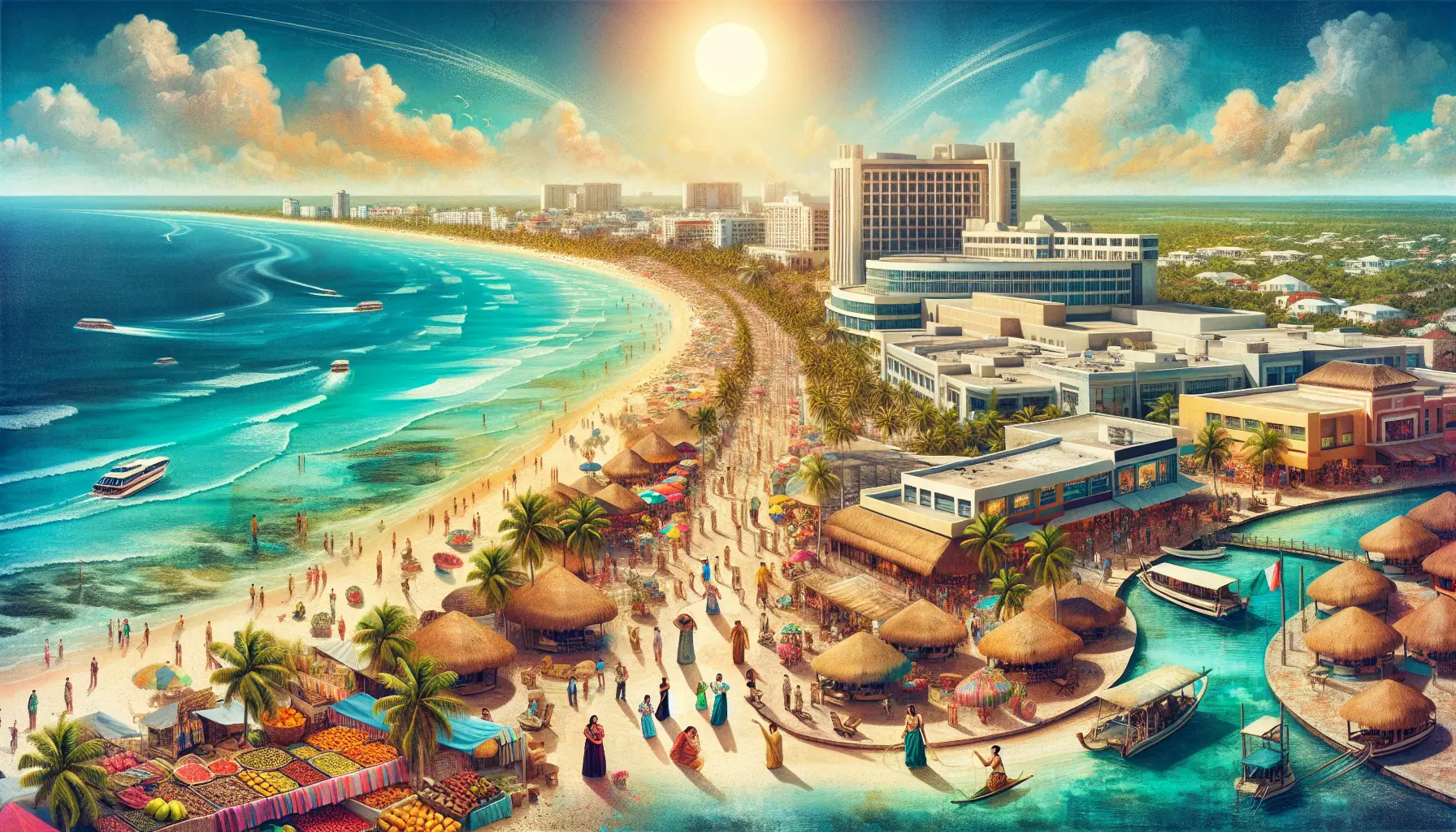
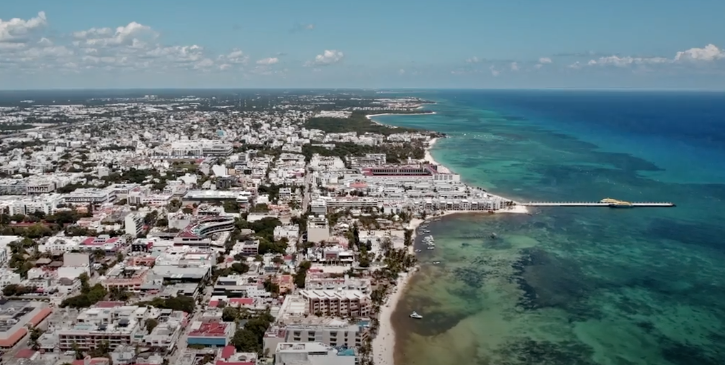
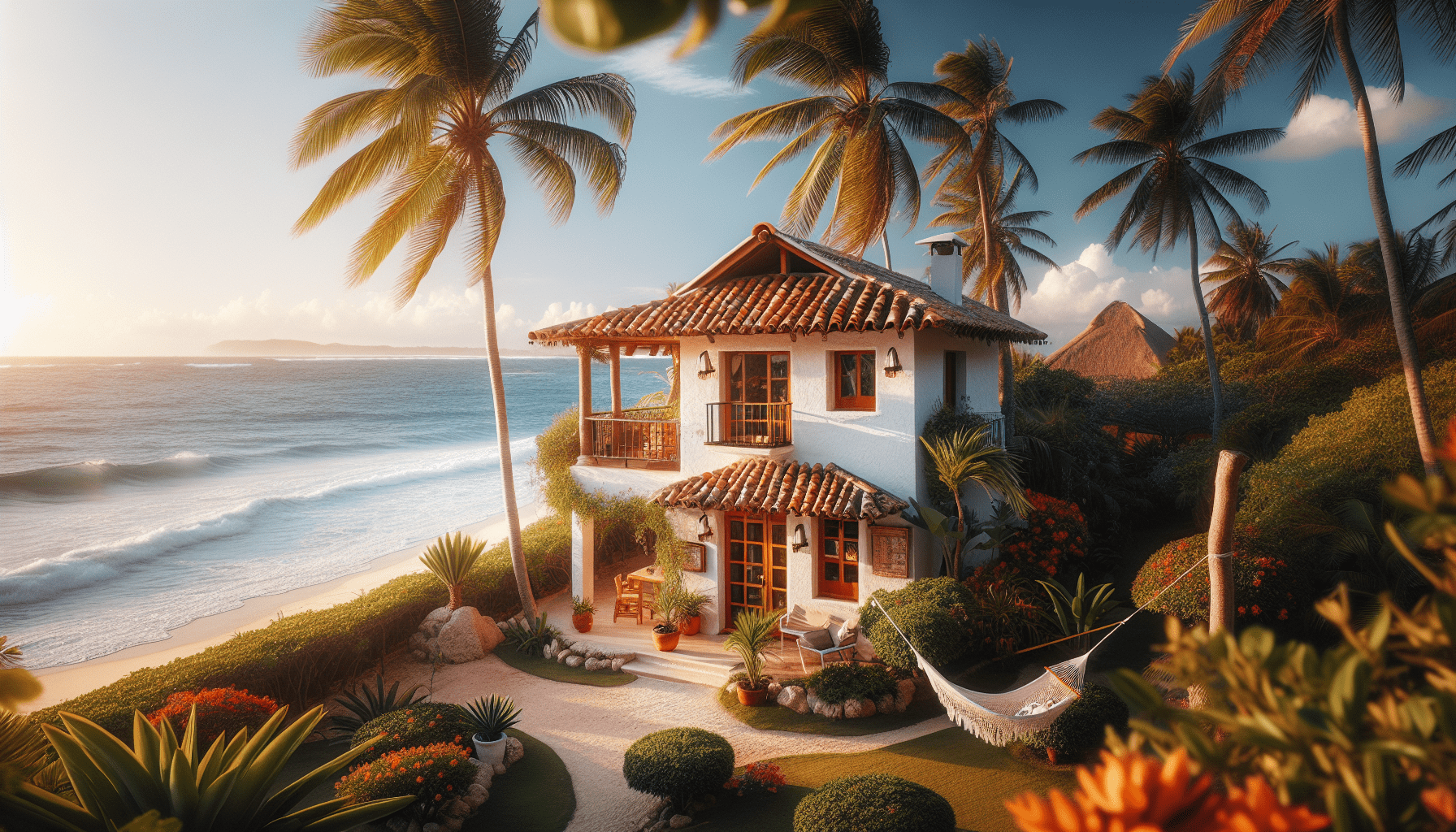
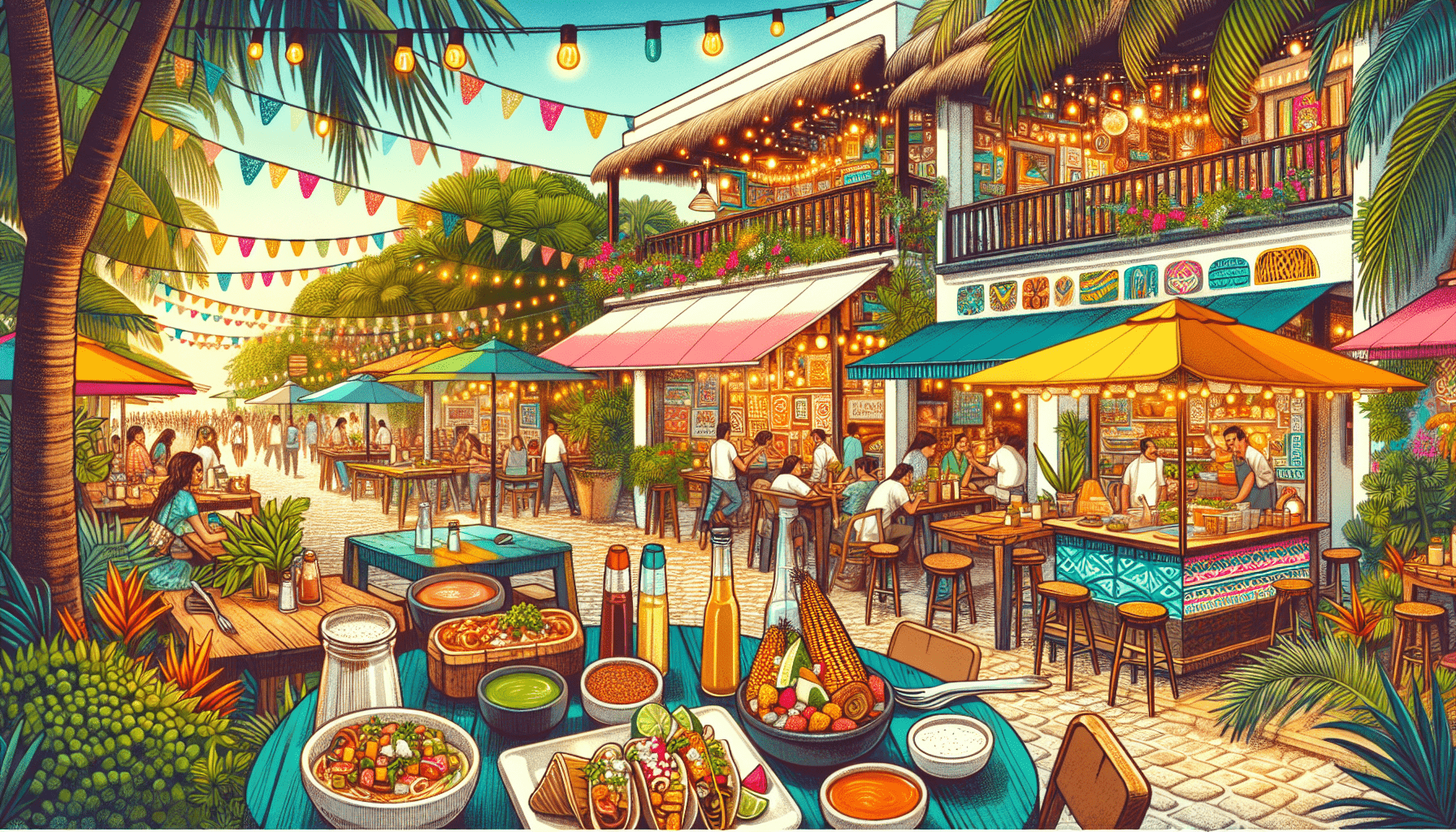

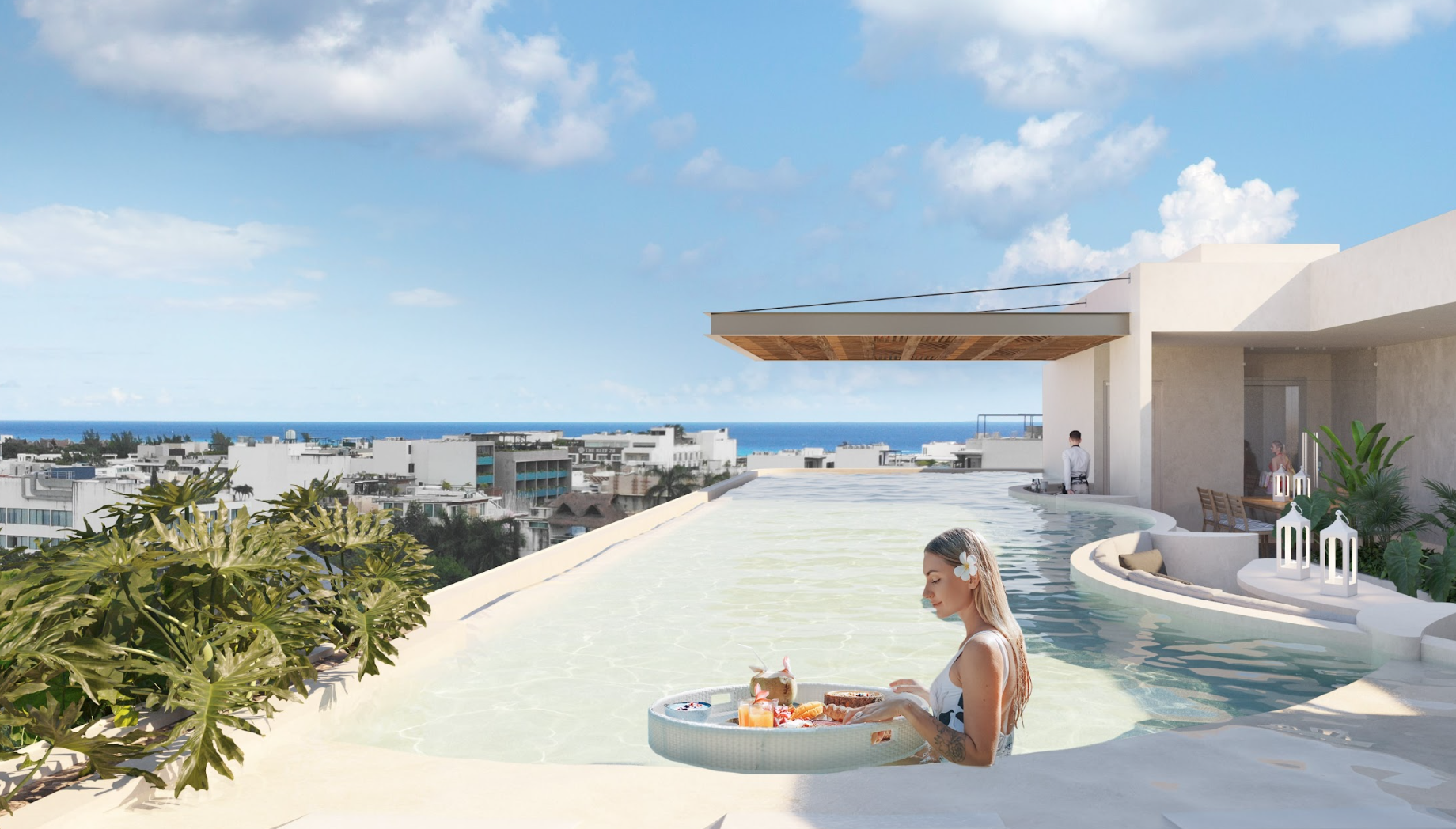

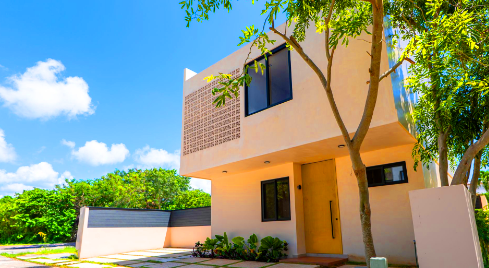


Comments (0)